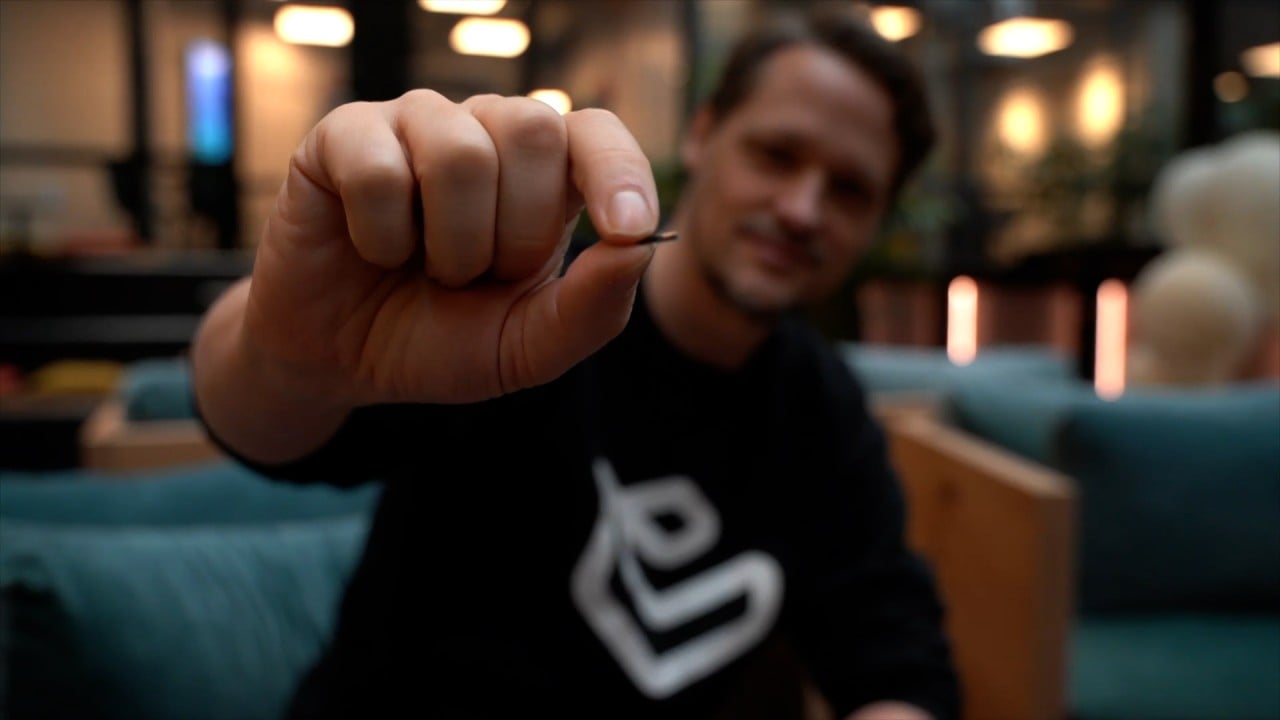
Coronavirus: vaccine passports redundant as jab rates rise, Star Alliance chief says
- Jeffrey Goh said airlines and governments also use many different technology platforms, making it difficult to find a common standard
- Elsewhere, Australia signed a deal with Moderna to manufacture mRNA vaccine doses domestically
“There’s no way that this has been integrated in one place,” Star Alliance Chief Executive Officer Jeffrey Goh said in an interview in Singapore.
“If you look to the future, if we were all vaccinated, or if we were all 90 per cent vaccinated, why would you get a vaccination certificate? There will come to a point where maybe you don’t really need this.”
Efforts to create a vaccine passport to make travel easier have faced challenges because governments initially didn’t recognise some vaccines, Goh said. Airlines and governments also use many different technology platforms, making it difficult to find a common standard, he said.
How hippy haven Bali is getting ready to welcome back the tourist hordes
Governments have been working to create a unified policy that will ease travel for vaccinated people. Airlines have supported a number of tech solutions to verify passengers’ vaccine status or testing results, such as the IATA Travel Pass app by the International Air Transport Association.
With travel starting to show signs of revival, the immediate concern is that people may take longer to check in because a lot of documents are needed, putting strain on airport infrastructure, Goh said.
Leisure will lead the recovery in travel and could reach a comparable level to that seen in 2019 probably in late 2023 or early 2024, Goh said.
There is a possibility that business travel may see some structural change because companies are trying to keep costs down and reduce their carbon footprint, he said.
Australia, Moderna sign deal to make mRNA shots
In a deal worth almost A$2 billion (US$1.5 billion), according to a report in The Australian newspaper, Moderna has finalised an agreement with the government to establish a “state-of-the-art” mRNA vaccine manufacturing facility in the state of Victoria. It could begin operation as soon as 2024, the company said in a statement on Thursday.
“This means an Australian shot in the arm for our pandemic preparedness, for Australia’s health but also for the future of Australian manufacturing in the medical sphere,” Prime Minister Scott Morrison told reporters in Melbourne.
Australians told to get boosters to fend off Omicron subvariant threat
The facility is expected to produce about 100 million vaccine doses annually when operational, for a range of respiratory illnesses including Covid-19, seasonal influenza and other potential respiratory viruses. Australia is the first country outside the US to reach an onshore manufacturing agreement with Moderna, the company said.
As part of the deal, Moderna said it will work with Australia’s research industry to collaborate on mRNA development, including a research centre into respiratory and tropical diseases.
The Morrison government was regularly criticised throughout the pandemic for failing to move quickly enough to secure medical supplies to tackle the virus, especially Covid-19 vaccines in early 2021 and then testing equipment early this year.
With an election due to be held by May 21 under Australian law, both Morrison and his opponent Labor leader Anthony Albanese have made domestic manufacturing and self-reliance a major part of their pitches to voters. Morrison is currently trailing the opposition in opinion polling.


